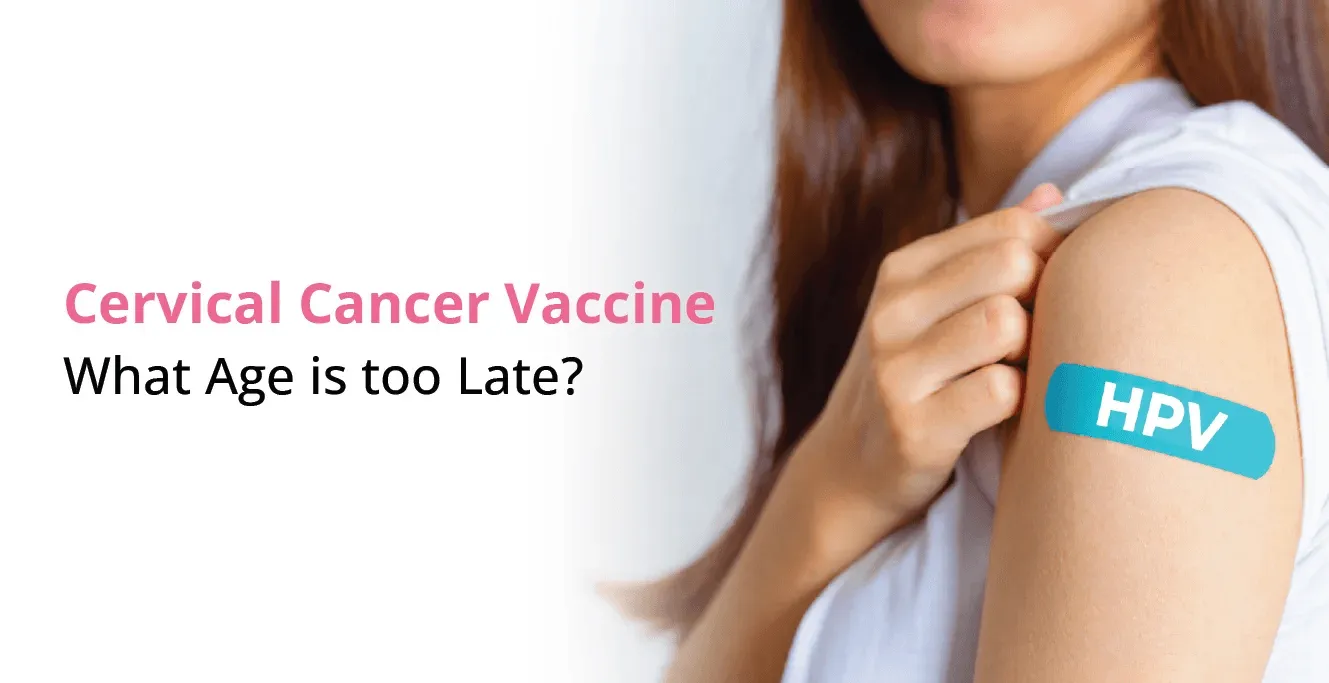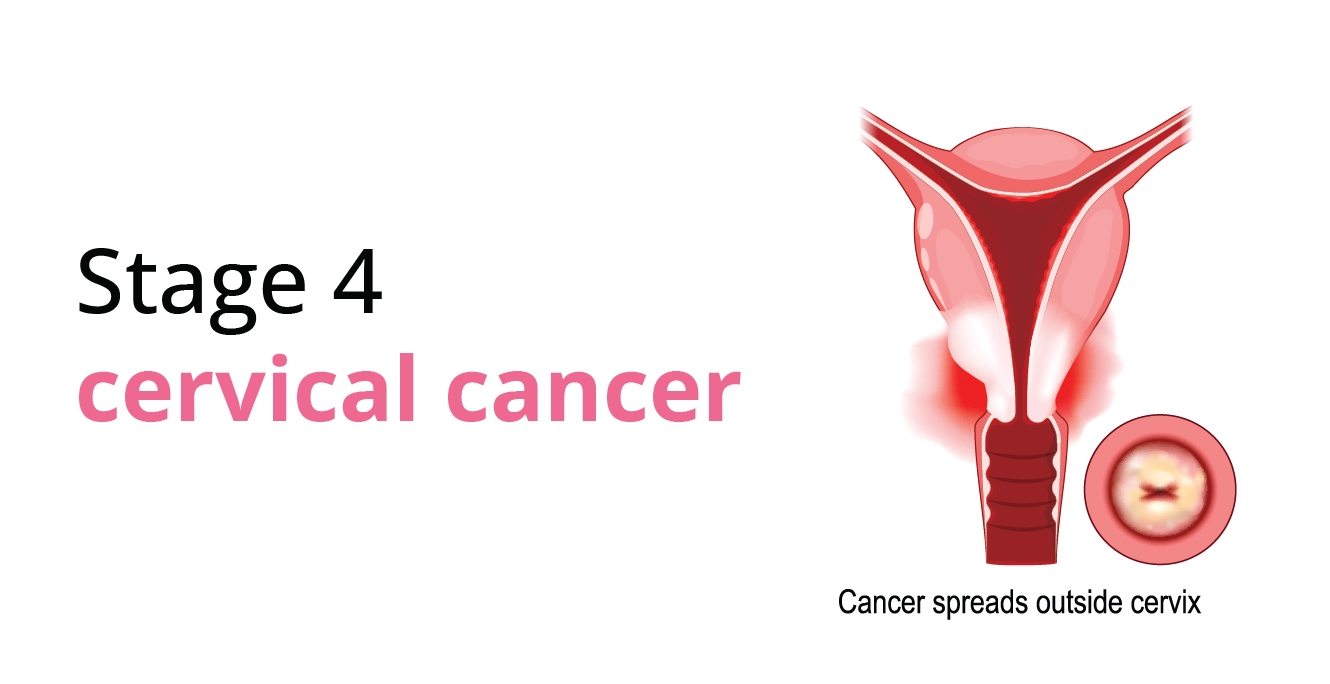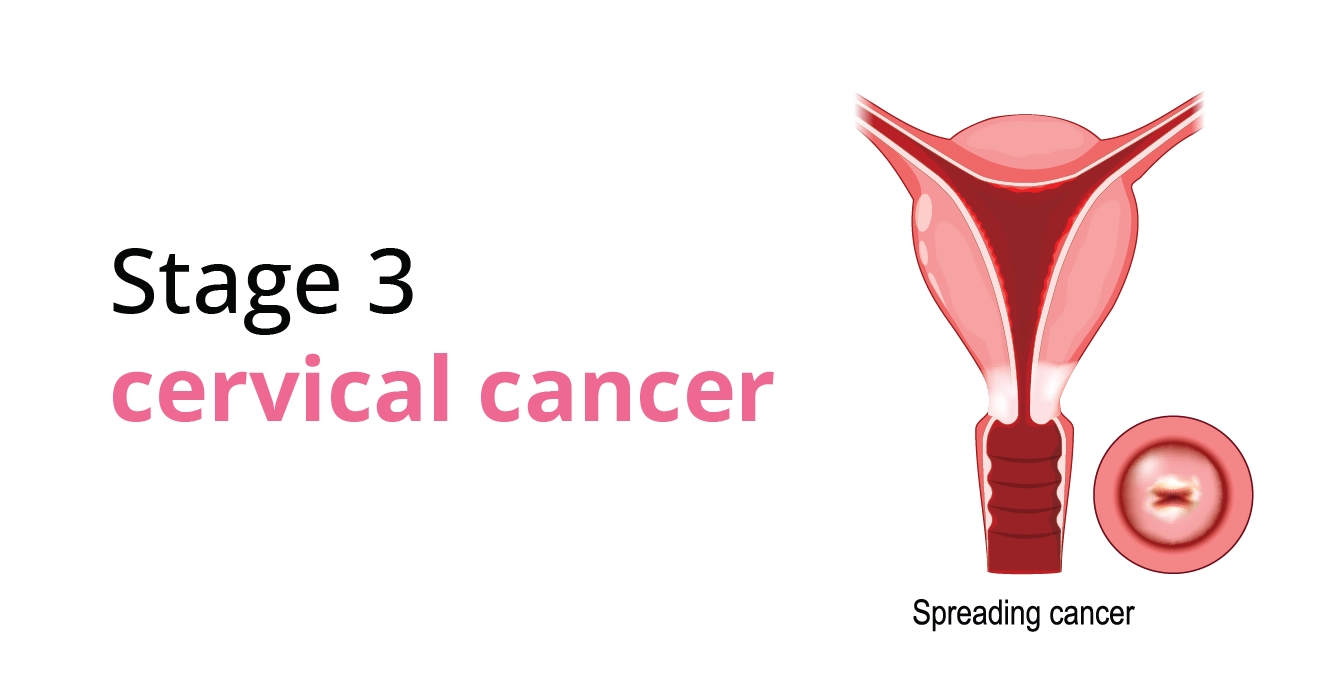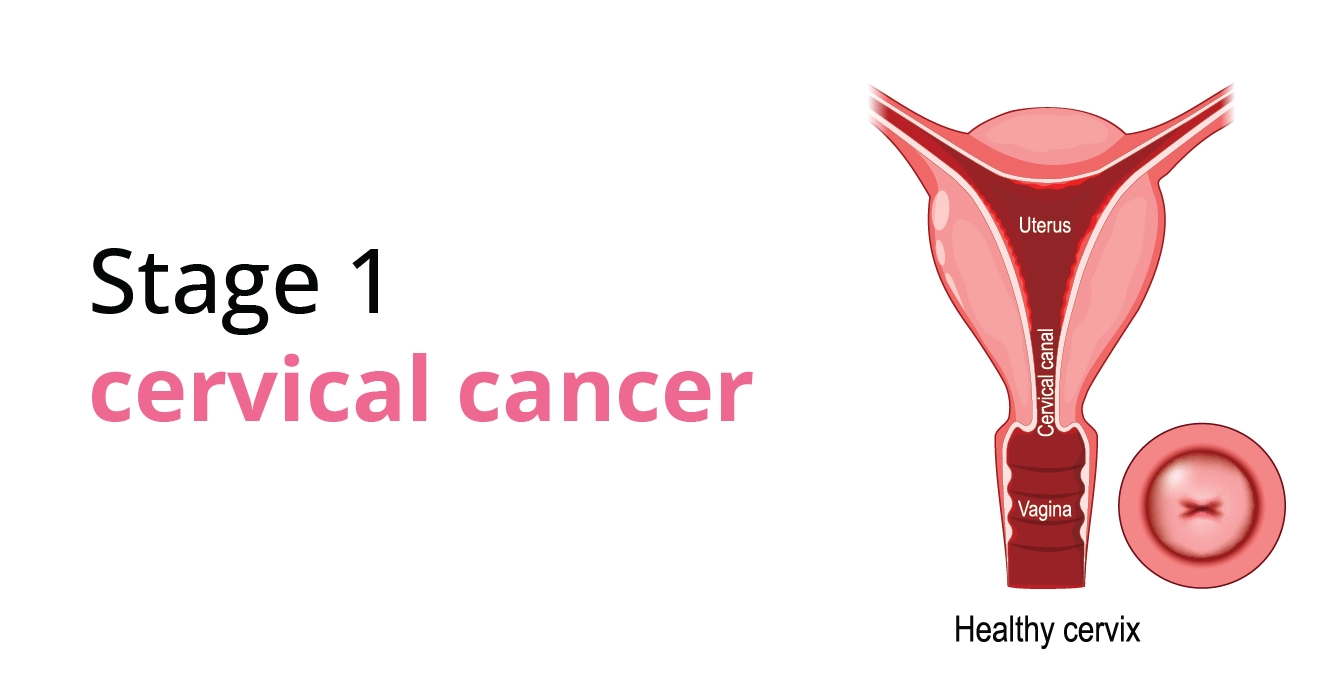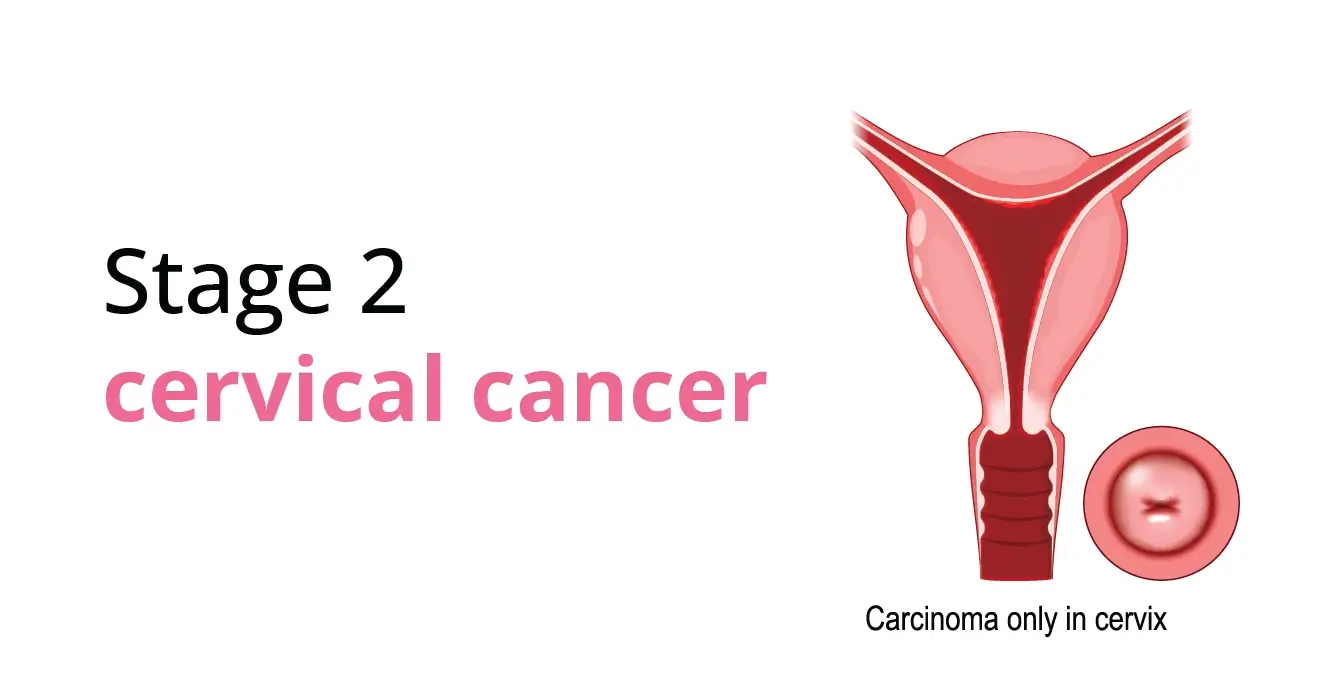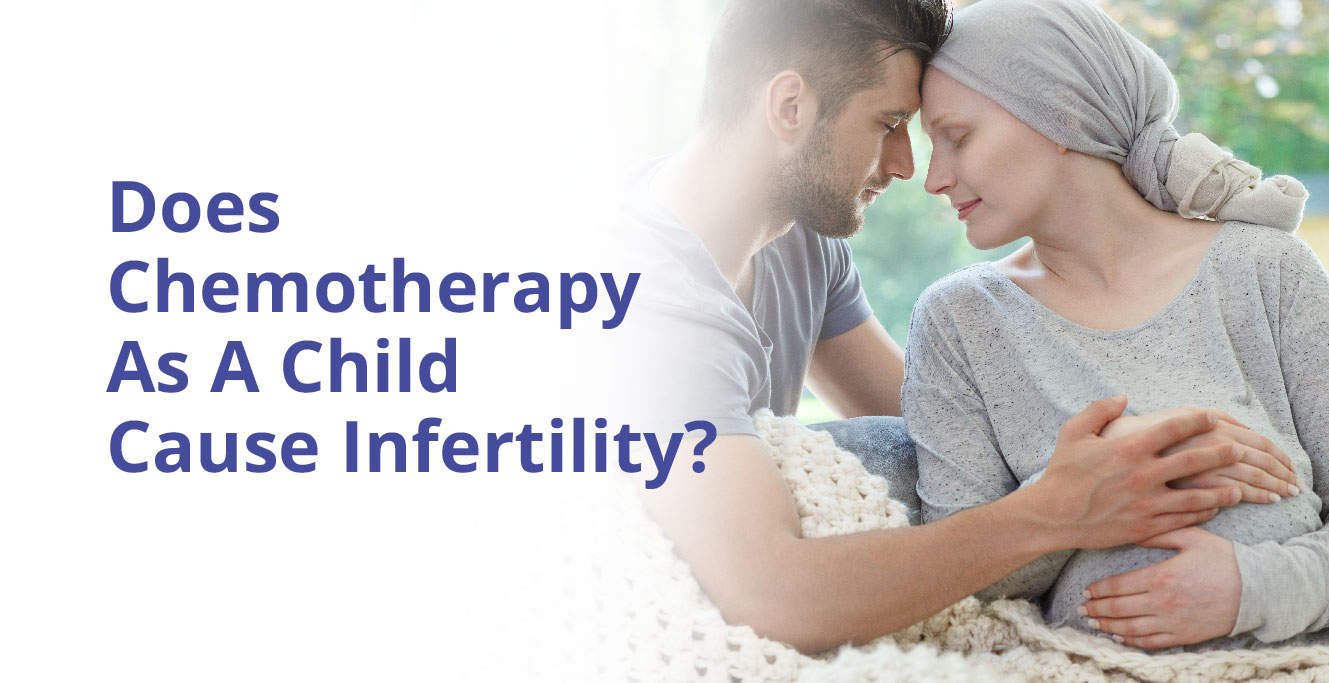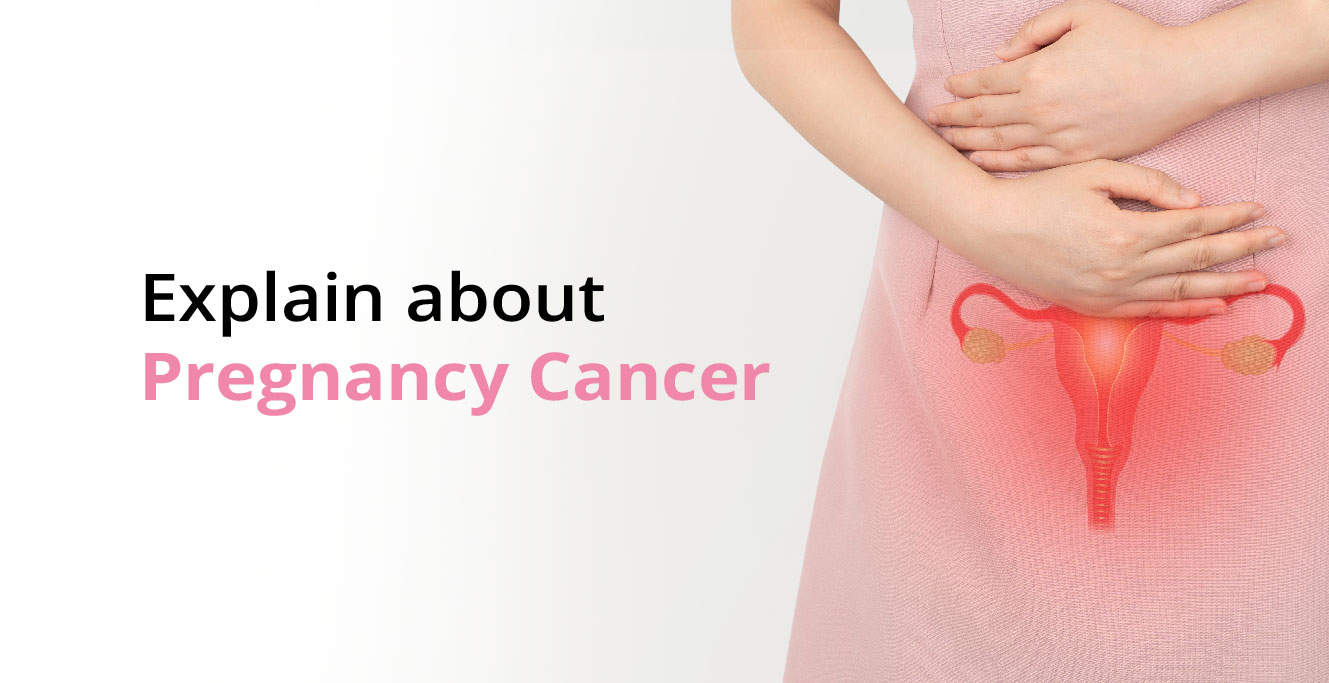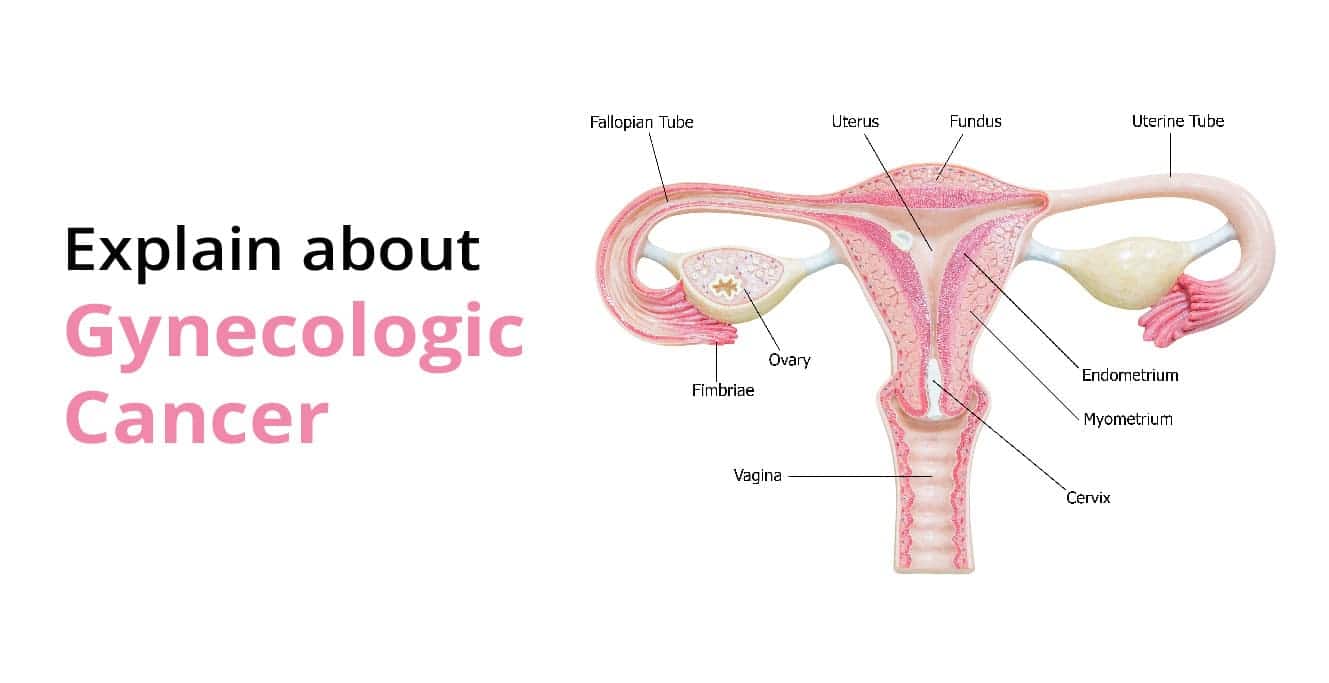Cervical Cancer Vaccine Cost in India
 ₹7,388
₹7,388 ₹3,927
₹3,927 ₹10,850
₹10,850Book an Appointment
Factors Affecting the Cost of Gardasil Vaccines
| Vaccine | Cost Per Dose (Approx.) |
| Gardasil 4 | ₹ 3,927 |
| Gardasil 9 | ₹ 10,850 |
Timely vaccination can prevent the risk of cervical cancer. Understanding the cervical cancer vaccine cost in India and its importance can help individuals make an informed decision about their health.
Note: Prices may vary by region and the diagnostic facility.
There are multiple factors that can impact the cost of Gardasil vaccines in India.
- Vaccine Type: Gardasil 9 is more expensive due to its wide coverage of strains.
- Healthcare Facility: Labs with advanced equipment may charge higher due to high operational or maintenance costs.
- Location: Urban areas often have higher prices than rural regions.
- Expertise: The expertise and experience of the healthcare professional can impact the cost.
Why Does Cervical Cancer Vaccine Matter?
Did you know that a simple vaccine can protect you from one of the leading causes of cancer in women? Cervical cancer is the second leading type of cancer among women in India, the first being breast cancer. It is caused by specific types of human papillomavirus commonly referred to as HPV. HPV is a virus that is caused by skin-to-skin contact, particularly sexual contact. The two high-risk types of HPV are HPV 16 and 18. These are responsible for over 70% of cervical cancer cases. The cervical cancer vaccine acts against HPV and helps prevent infections that can lead to abnormal cell growth and eventually cancer.
Role of Gardasil 4 and Gardasil 9 in Preventing Cervical Cancer
Both vaccines target HPV strains responsible for cervical cancer, offering varying levels of protection:
- Gardasil 4: Protects against four HPV types (6, 11, 16, and 18) which cause 70% of cervical cancers and most genital warts.
- Gardasil 9: Offers broader protection by targeting nine HPV types (6, 11, 16, 18, 31, 33, 45, 52, and 58), covering additional high-risk strains linked to cervical and other cancers such as vaginal, vulvar, and anal cancers
Vaccination Schedule and Cost
Both Gardasil 4 and Gardasil 9 follow the same dosing schedule, but costs can vary based on the vaccine type and healthcare provider.
For the age group, 9-14 years, 2 doses are generally given with a gap of 6 months.
For the age group, 15-45 years, 3 doses are given with a gap of 1-2 months and 6 months.
Who Should Get Vaccinated?
The ideal age group for HPV vaccination is between 9 and 14 years, as it is most effective before exposure to the virus. However, vaccination for up to 45 years can still provide benefits. Boys and men can also take vaccines for protection against HPV-related conditions like genital warts and anal cancer.
| Target Group | Recommended Age | Recommended Dosage Schedule | Benefits |
| Adolescents | 9–14 years | 2 doses (6 months apart) | Most effective before HPV exposure, providing long-term protection. |
| Women | 15–45 years | 3 doses (0, 1–2, 6 months) | Protects against cervical cancer, even if already exposed to HPV strains. |
| Boys and Men | 9–45 years | 3 doses (0, 1–2, 6 months) | Prevents genital warts, anal cancer, and transmission of HPV to partners. |
Note: Consult your healthcare provider for the exact dosage schedule.
Cervical Cancer Vaccination: Myth vs Facts
| Myth | Fact |
| The cervical cancer vaccine is only for women. | Both boys and men can benefit from the vaccine by preventing HPV-related conditions. |
| The vaccine causes severe side effects. | The vaccine is safe with mild side effects like pain at the injection site or fever being rare. |
| You don’t need the vaccine if you are not sexually active. | The vaccine is most effective before HPV exposure ideally given between ages 9–14. |
| The vaccine guarantees 100% protection against cervical cancer | While highly effective, regular screening is still important for comprehensive protection. |
| Adults over 26 years cannot take the vaccine. | Vaccination is recommended for up to 45 years and can still offer significant protection. |
Why Choose Gardasil Vaccines?
Gardasil vaccines offer a good protection against cervical cancer. The following are the key benefits of taking Gardasil vaccines:
- Proven Protection: Gardasil 4 and Gardasil 9 are clinically proven to reduce the risk of cervical cancer significantly.
- Comprehensive Coverage: Gardasil 9 provides added protection against five additional HPV strains.
- Long-term Benefits: Early vaccination reduces the risk of future HPV-related complications offering peace of mind for decades.
The following are the key points to consider:
- The ideal age for getting an HPV vaccine is 9–14 years for maximum effectiveness, though vaccination up to 45 years can still provide benefits.
- Boys and men aged 9–45 years can also get this vaccine to prevent HPV-related conditions like genital warts and anal cancer.
- Gardasil 4 and Gardasil 9 are extensively tested and proven safe with minimal side effects such as mild pain at the injection site.
- This vaccine is preventive and not curative of HPV infections or cancers. To get the best effect of this vaccine, it is recommended to administer it before exposure to HPV.
Awareness about cervical cancer vaccine and cervical cancer stages including stage 1, stage 2, stage 3, and stage 4 is important to stay informed. The government of India has also emphasised the importance of HPV vaccines and awareness about cervical cancer. Timely administration of the HPV vaccine is a proactive approach against future risks of cervical cancer. Now that the cost of the cervical cancer vaccine in India and the factors affecting it are clear to you, it is also important to understand the importance of this vaccination and how it protects you from a condition that creates fear among every individual.
Cervical Cancer Cost in Other Cities
- Cervical Cancer Vaccine Cost in Gurgaon
- Cervical Cancer Vaccine Cost in Bangalore
- Cervical Cancer Vaccine Cost in Bhubaneswar
- Cervical Cancer Vaccine Cost in Lucknow
- Cervical Cancer Vaccine Cost in Hyderabad
- Cervical Cancer Vaccine Cost in Kolkata
- Cervical Cancer Vaccine Cost in Mumbai
- Cervical Cancer Vaccine Cost in Delhi

 Our Centers
Our Centers



